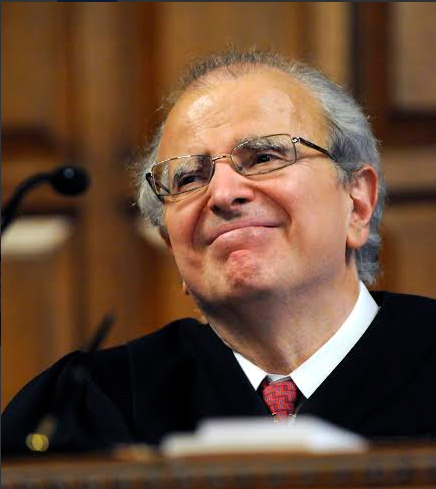Brooklyn shows support of plan for law school alternative
Some see moment for caution

New York State’s Chief Judge Jonathan Lippman announced a sweeping change to law school education by announcing a program whereby third-year law students can opt to spend their final semester in law school giving 500 hours of work in a pro bono capacity in exchange for an accelerated consideration for application to the New York State Bar.
Noting the decline in law school enrollment and opportunities in the profession, Lippman unveiled the Pro Bono Scholars program, which will allow third-year law school students to spend their final law school semester volunteering their time and knowledge to assist underprivileged persons facing civil issues like eviction, foreclosure and custody and government benefit issues without advice from lawyers. Noting the dim job market for new lawyers and the need to access justice, Lippman believes his plan to be a guided approach to killing the proverbial two birds with one policy stone.
“[T]here is still a gaping disconnect today between the oversupply of new attorneys, who are unable to secure jobs and the tremendous need for legal assistance among the poor and people of limited means,” Lippman said during his annual State of Judiciary address. Students will receive school credit while working with a corporation or a legal services organization in providing free legal services.” Lippman assures that “law schools will oversee a rigorous academic component to ensure that students are learning vital practice skills,” a task that Brooklyn Law School Dean Nick Allard is ready to take on and some Brooklyn attorneys are prepared to support.

Brooklyn Boro
View MoreNew York City’s most populous borough, Brooklyn, is home to nearly 2.6 million residents. If Brooklyn were an independent city it would be the fourth largest city in the United States. While Brooklyn has become the epitome of ‘cool and hip’ in recent years, for those that were born here, raised families here and improved communities over the years, Brooklyn has never been ‘uncool’.